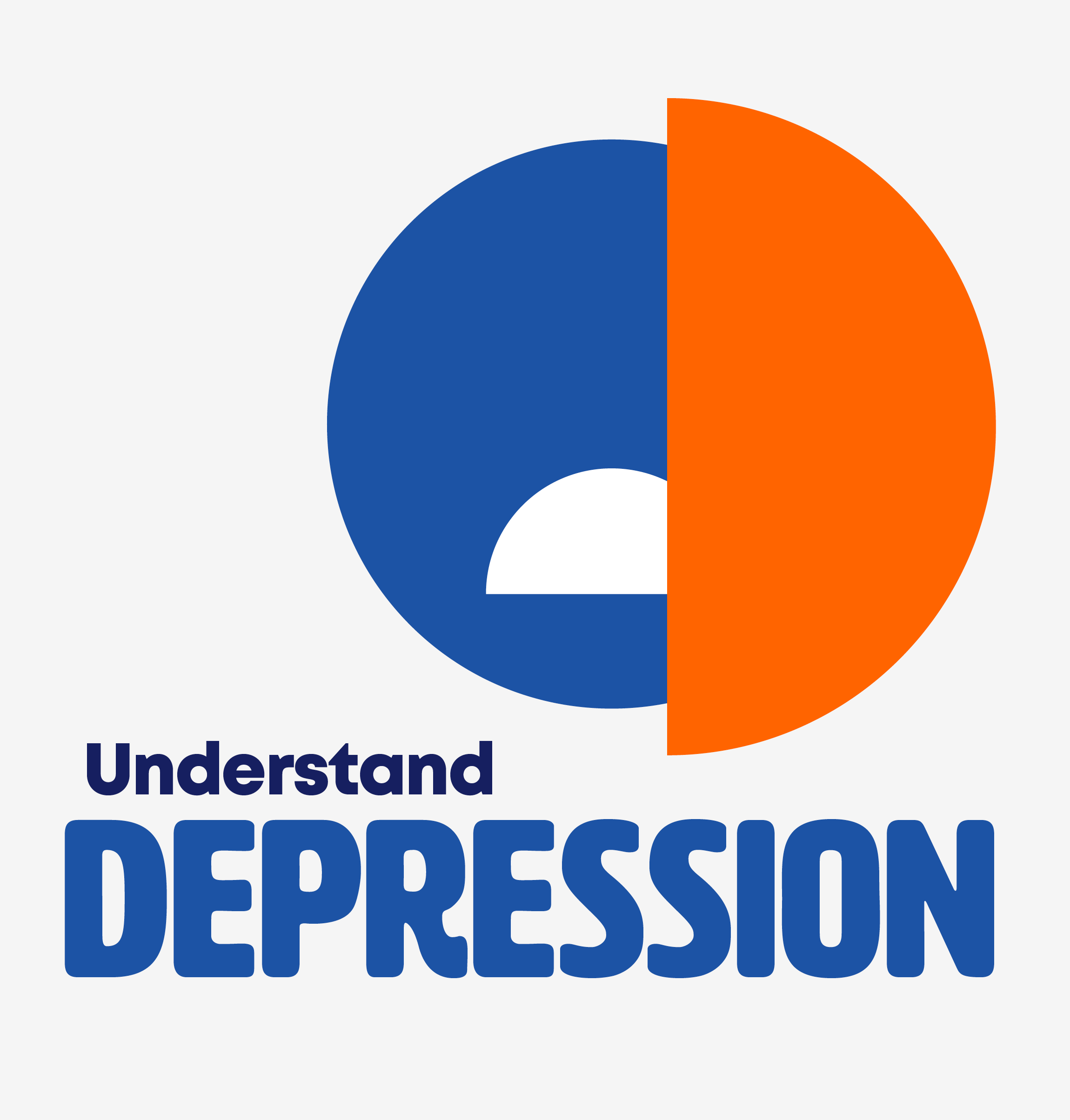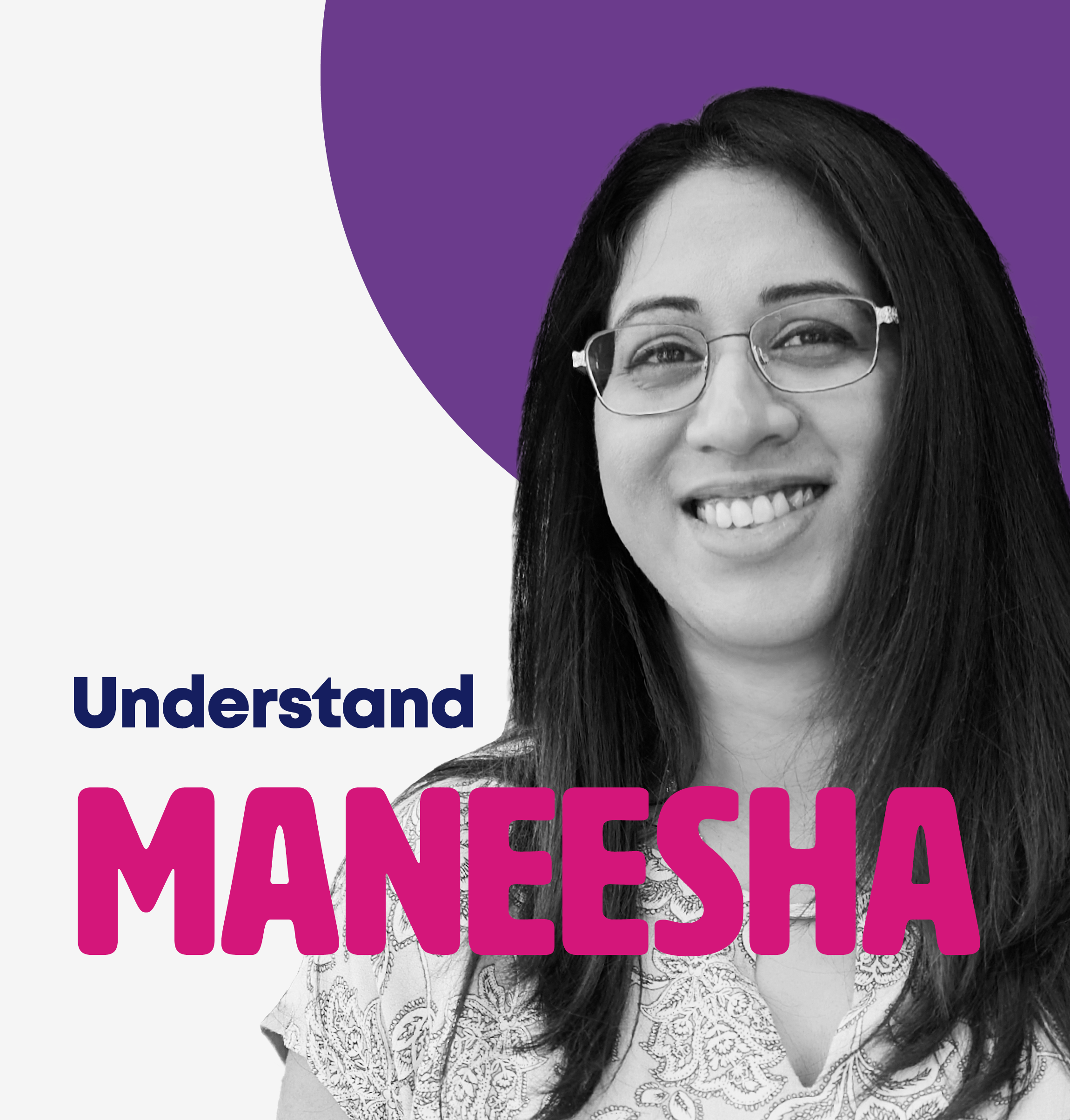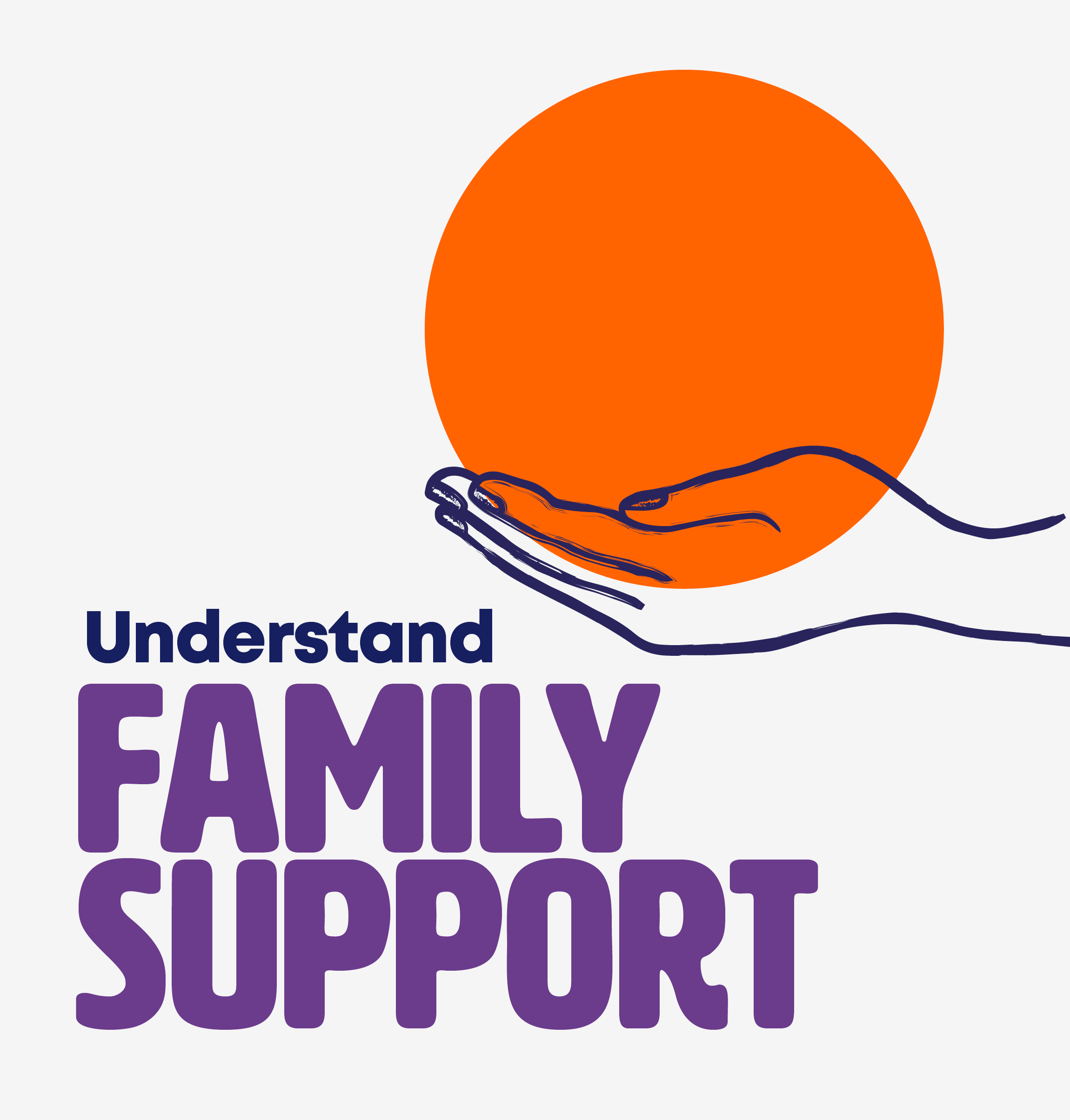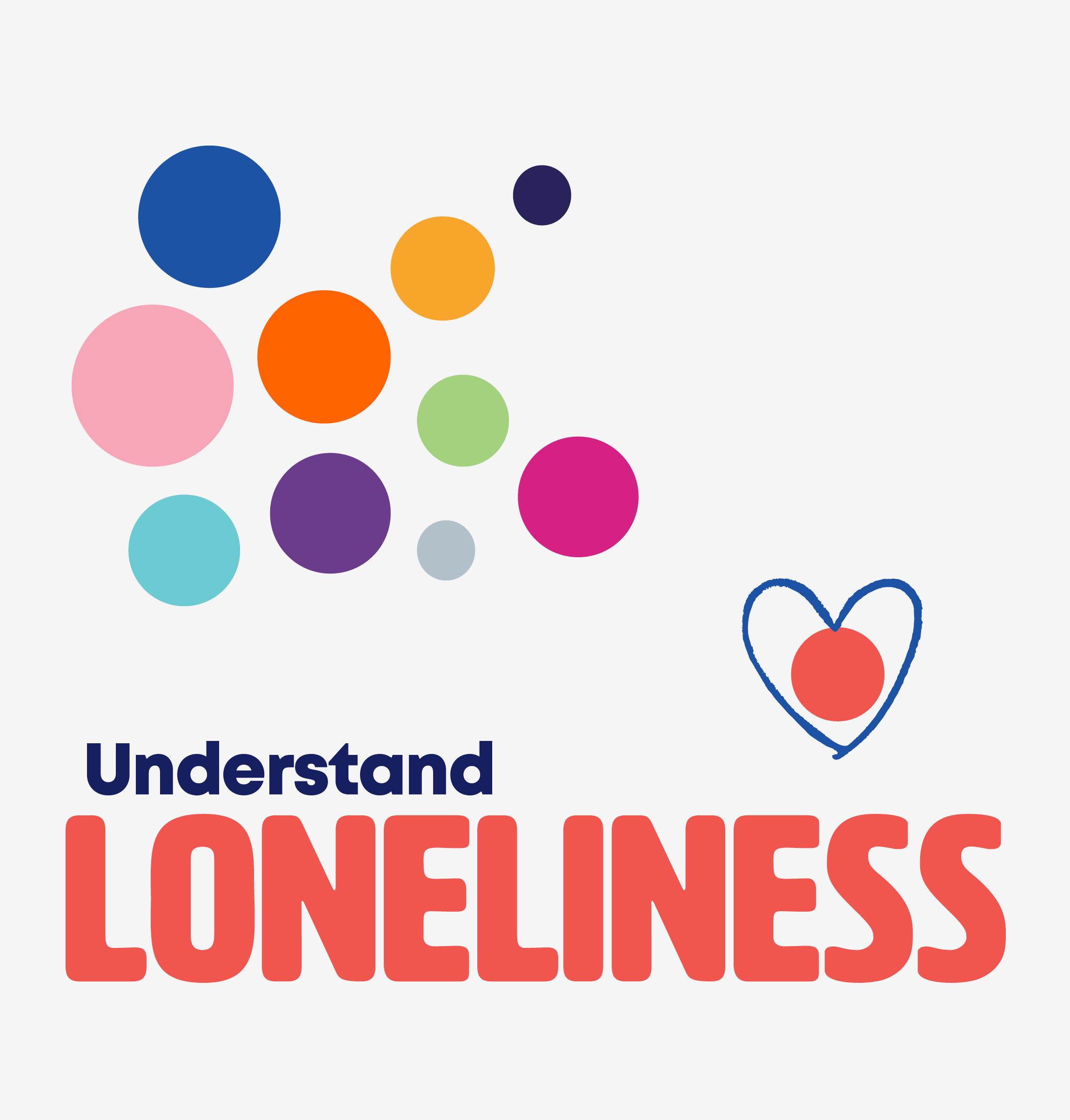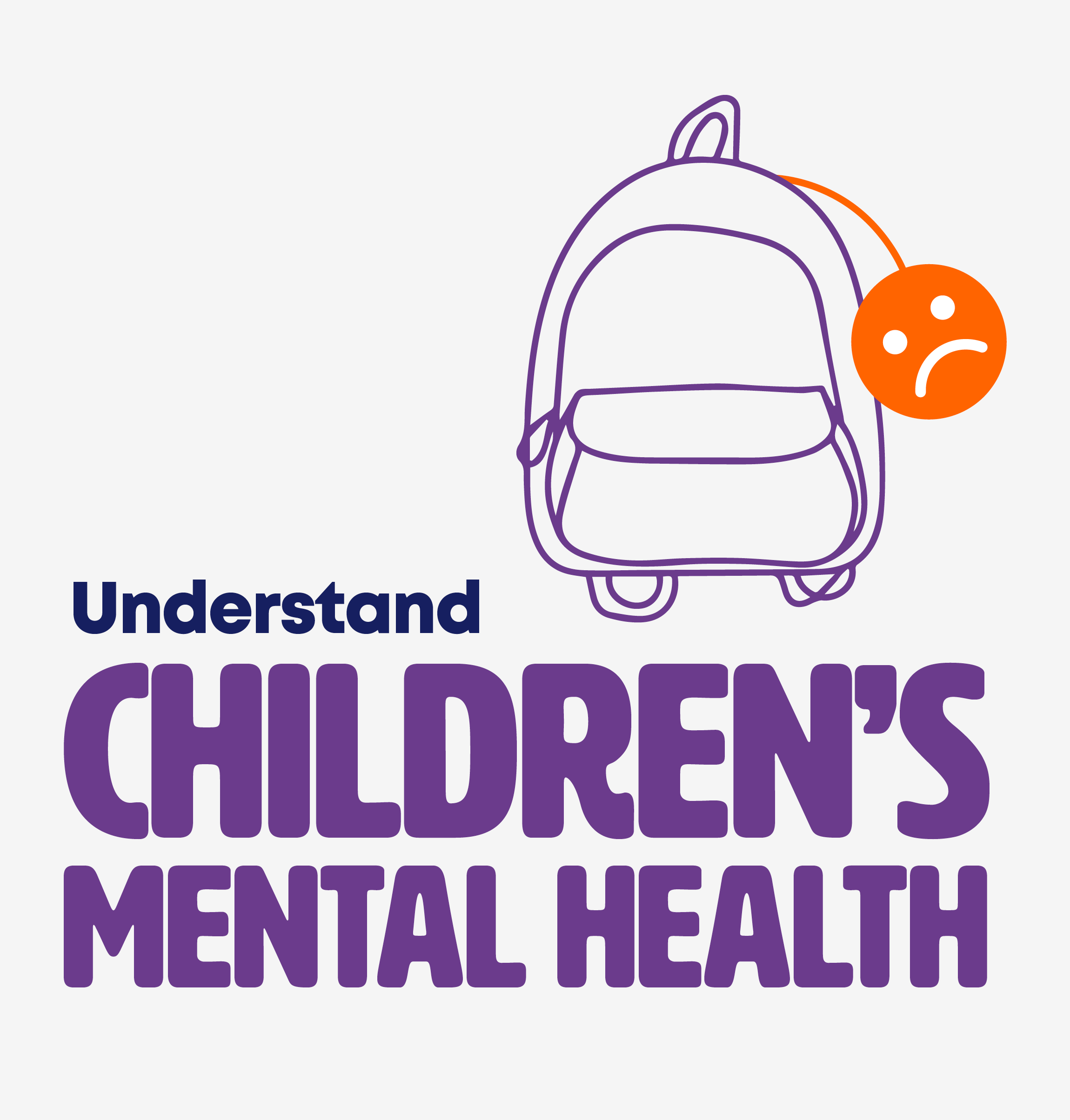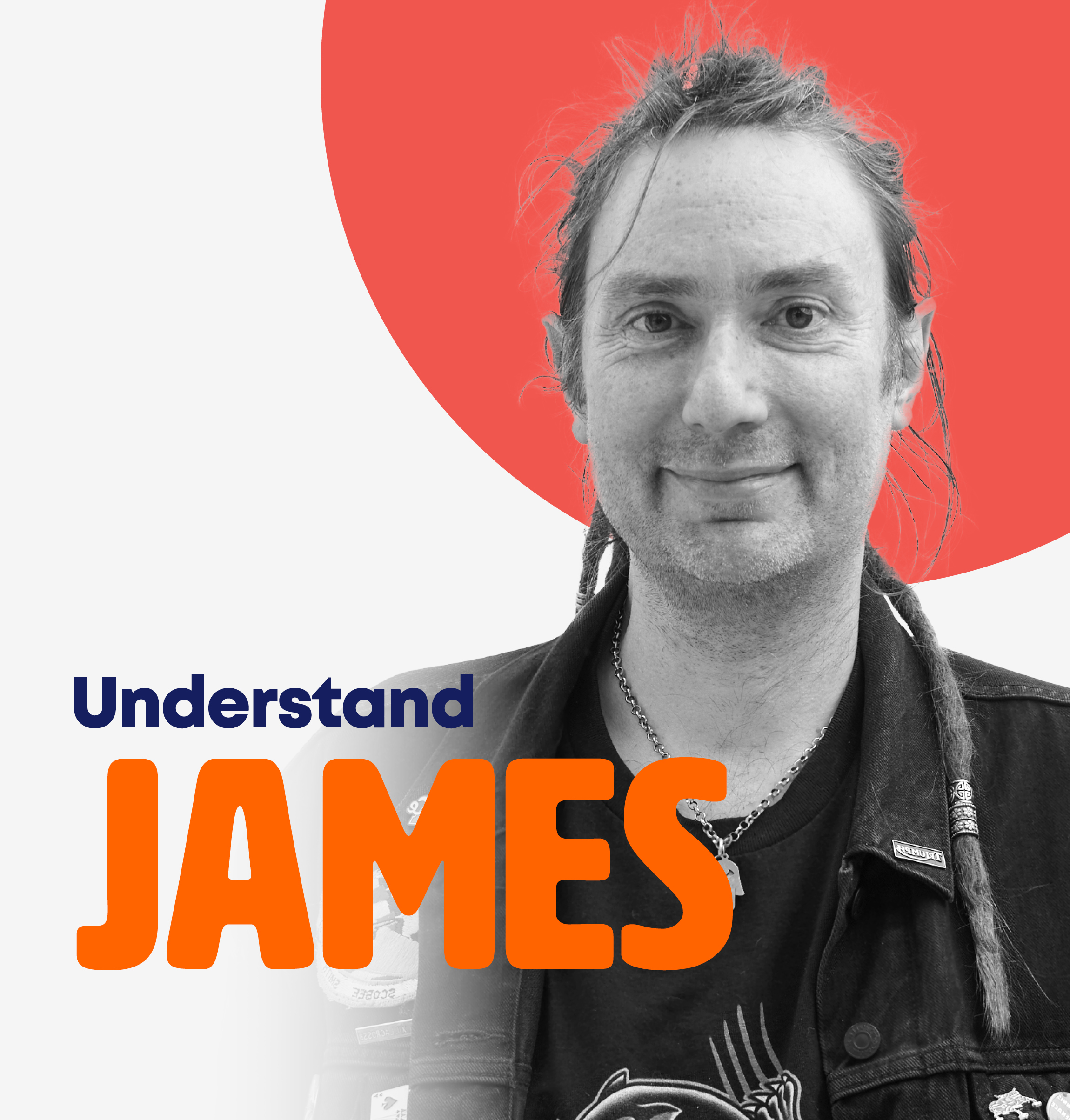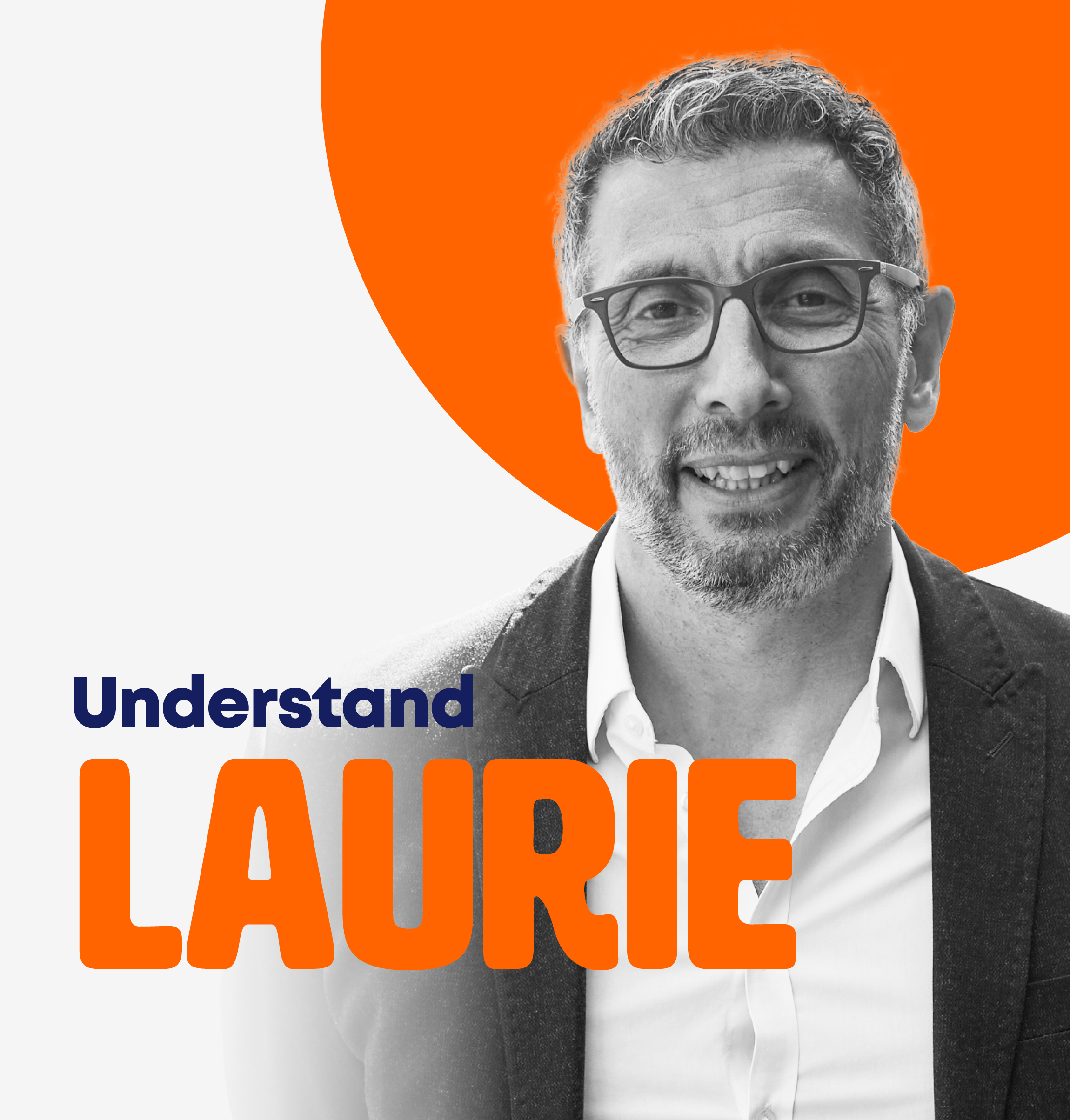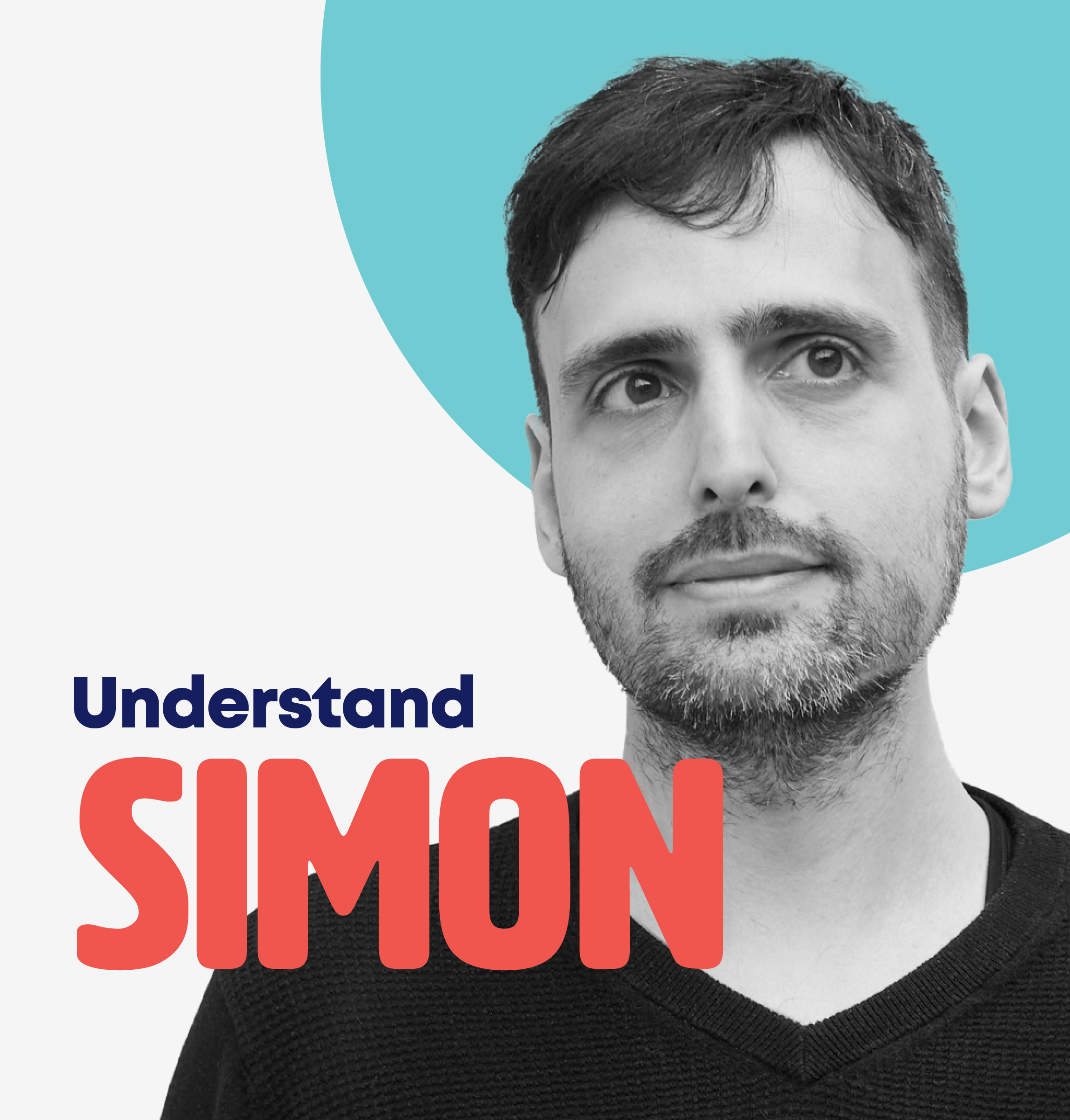
"Mental illness doesn’t just affect the person but the whole family.”
As one of Jami’s carer peer support workers, Jess works with anyone who is looking after somebody with mental illness. A carer could be a spouse, parent, sibling or child looking after someone with mental health problems, or even a colleague or friend not living in the same house. Speaking as a member of Jami’s carer and family support team, Jess says: “We’re here to support all carers when they’re going through a confusing and emotionally upsetting time because it’s hard and exhausting.”
Providing a listening ear
As the mum of a daughter with mental health issues, Jess knows only too well the challenges this brings from her own living experience. This is also what makes her well equipped to support others. She says: “I may not know all the answers and there is no quick fix, but we’re here to support our clients, whatever they’re going through. I always say, I’m afraid we can’t fix things, but we are here for you to shout, scream, rant, rave – whatever it is that you need to do. I’m at the end of the phone, so call me anytime.”
Jess and her team find out from the carer what their backstory is and the nature of their loved-one’s mental health issues. “We work out whether they want weekly or twice-weekly support, on Zoom or over the telephone, and what they want help with,” explains Jess.
Signposting support services
The team runs 10 different groups for carers, some of which are in person; others on Zoom. Jess adds: “Every carer’s story is different but each one understands what another is going through.” It also links carers to other Jami services, including its advocacy team to help them navigate the mental health care system and access health and social care services; its education team for useful training sessions; as well as other organisations that may be able to offer help.
Accessing Jami’s support as a carer couldn’t be easier. “You can either call our duty line or visit the website and click on carer and family support team,” says Jess. “This will bring up everything you need to know about us. When you self-refer via the website, your information comes through to our service and then you’re allocated a member of the team. Someone will try to contact you within a week, so there is very little waiting time.”
Jess explains that the team supports carers for as long as they need it, adding: “There are some people who I’ve been supporting for a year.”
Supporting parents of teenagers
Although the team supports every kind of carer, from a partner to a parent, Jess tends to work with mums and dads looking after a teenager or young adult. She explains: “What we’re seeing now is a lot of neuro-diverse young people. Attention Deficit Hyperactivity Disorder(ADHD) now falls under the umbrella of mental health. Although Autism Spectrum Disorder (ASD) doesn’t, what a young person may experience because of this condition falls under what we treat. This could include depression, eating disorders or anxiety.”
But, sometimes, the problems go a lot deeper. “I also speak to families whose children have suicidal thoughts or who have tried to take their own life. For these families, their children will already be supported by the Child and Adolescent Mental Health Service or be under a psychologist or hospital. For the parents, it’s about me providing understanding and empathy with what they’re going through.”
And then there are the parents of young people where the line between mental illness and just being a teenager is a very fine one. “The young person may not know exactly what it is that they are feeling,” explains Jess, “And their parents may not have come across this behaviour before, so I have to really hold their hands. My aim is to help the parents navigate the right source of support for their son or daughter, especially if they are going off to university and are struggling with this new-found independence.”
Meeting need on all levels
However, Jess recognises how important it is for all carers to receive support and from an organisation that understands their unique cultural differences. “Jami doesn’t just support people with a diagnosis. It also has a team dedicated to supporting carers too. And to me, that’s really important. Mental illness doesn’t just affect the person with the condition. It affects the whole family.”
That Jami exists within the Jewish community is also significant, according to Jess. She believes there is still stigma around mental illness in some parts and that we need to break down these barriers and say it’s OK not to be OK. “Jami has created a place where every Jewish person can feel comfortable to go, to get the support they need,” she says. “Not only do I see how appreciative carers are of the wonderful work we do, but I also think our support mitigates the ripple effect of mental illness throughout the community.”
